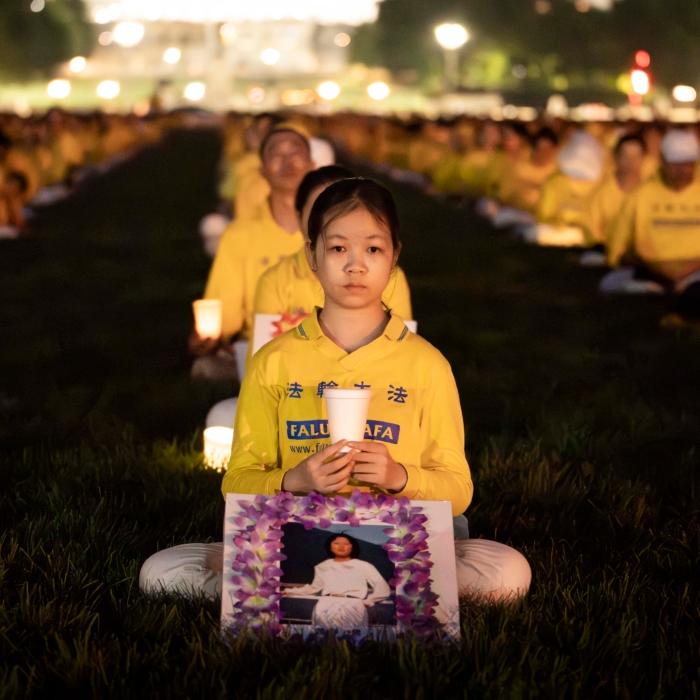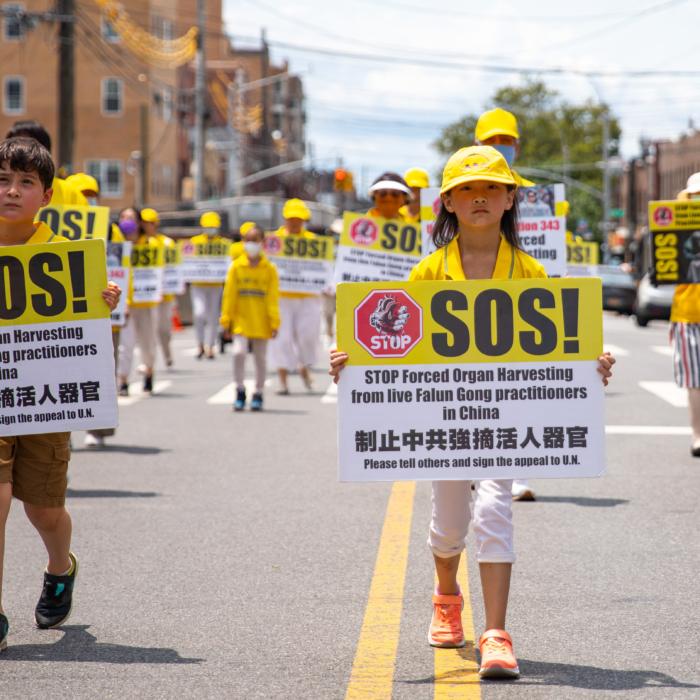Wuhan University (WHU) recently celebrated its 130th anniversary, but not everyone was in a celebratory mood. Some alumni criticized the decline in the school’s academic standards. Moreover, a rights group alleged that several WHU professors were involved in the Chinese regime’s persecution of Falun Gong.
On Nov. 29, WHU hosted a party attended by high-ranking officials, distinguished guests, and alumni.
Mr. Rao pointed out that 30 years ago, WHU ranked No. 4 among 19 major universities in natural science in China; now, it has fallen to No. 9. Despite the decline in academic standards, he said, the university’s management seems more focused on fundraising efforts.
Professional Ethics Violated
Mr. Rao’s brother, Rao Yi, a biology professor at Peking University, shares the same views.On Nov. 29, 2019, Mr. Rao Yi filed a formal complaint with the National Natural Science Foundation of China against Mr. Li and others for academic fraud, alleging that Li had been engaging in fraud for 17 years. In September 2020, Mr. Li resigned and was removed from other administrative posts.
Falun Gong Persecution
In September 2017, the World Organization to Investigate the Persecution of Falun Gong (WOIPFG) reported that several WHU philosophy professors were found to have collaborated with the CCP in the persecution of Falun Gong practitioners. The nongovernmental organization claimed that WHU has become a training ground for proponents of the CCP’s persecution campaign.In addition, the head of the Religious Studies Department, Duan Dezhi, allegedly took the lead in writing the book “Cults Are Not Religions” to defame the practice, and it became a primary ideological tool for the CCP’s persecution of Falun Gong.
The Philosophy School undertook at least eight research projects funded by the “China Anti-Cult Association,” which aligned with Beijing’s narrative and manipulated public opinion.
In December 2017, WHU’s Center for Studies of International Pseudo-Religion Questions held a forum during which several professors delivered speeches attacking Falun Gong. State-run media Xinhua News Agency published a report claiming that 30 Western scholars participated in the forum and “agreed that Falun Gong is a cult that spreads rumors to defame China.”
Organ Harvesting
In 2006, China’s state-sanctioned organ harvesting was exposed by two Canadian human rights activists, the late David Kilgour and David Matas, garnering international attention. Since then, the CCP’s organ harvesting and transplantation industry has expanded continuously, targeting not only Falun Gong practitioners illegally detained but also other repressed groups, vulnerable populations, and even ordinary citizens.WOIPFG released two investigative reports on April 30, 2021, alleging that Wuhan University’s two hospitals, Zhongnan Hospital and People’s Hospital, were involved in organ harvesting of living Falun Gong practitioners.
In 2017, a liver transplant doctor confirmed, “We frequently perform emergency liver transplants.”
The report listed key personnel, including Deputy Dean Ye Qifa and nine professors.
The second report claims that WHU’s People’s Hospital was among the first medical institutions to conduct organ transplants, with the highest number of kidney transplants in Hubei Province for many years. In 2015, heart transplant surgeries required a two-week wait. In October 2017, the hospital reportedly completed 300 kidney transplants that year. In 2018, the medical staff conducted four heart transplant surgeries in seven days. The hospital claimed to be the leading kidney transplant center in the province and one of Wuhan city’s largest organ transplant hospitals.
WOIPFG has placed some of WHU’s faculty members and health professionals on its watch list due to their connection with the CCP’s human rights abuses and mass extermination policies, citing ongoing violations of ethical standards.







